My name is Solomon Okello, a student of Makerere University serving with Field of Hope as an intern. I have passively spent almost two years with Field of Hope, since 2020, but actively spent a month with this amazing organization.
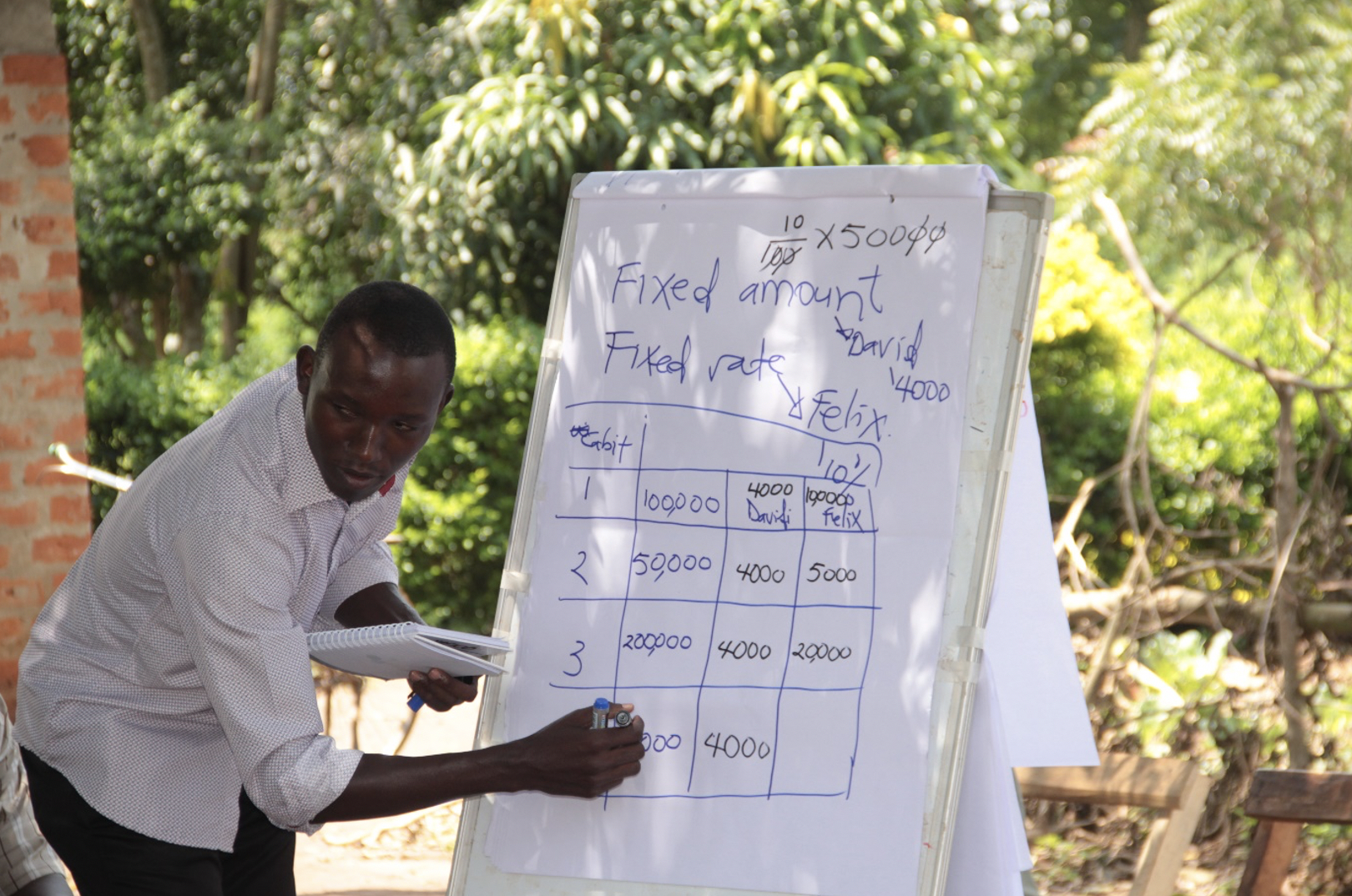
Field of Hope has three interesting pillars which include youth agricultural education, smallholder farmer advancement, and leadership development. The intersecting feature common to all these pillars is vision of capacity building, and I have had opportunity to interface with all of them.
The most interesting fact about Field of Hope is their unquenchable thirst and zeal to build capacities of members of the rural communities to step out and move above the poverty line below which most of them are currently living. After intervention by Field of Hope, members are being nutritionally food secured and financially stable and sound, developing students’ passions towards agriculture and its related disciplines as well as training the future global leaders responsive to future global demands.
Talking about smallholder farmer advancement pillar! During the little time I spent with Field of Hope, my superiors and I happened to run farmer group trainings in close to seven different farmer groups on different fields such as financial literacy, animal production and management, vegetable production and cassava production but the unifying response that participants in these different groups showed was the urge and willingness to learn new agricultural practices and technologies and this deeply communicated to me how much Field of Hope and its investment into SHFA is needed by rural communities. While at the training grounds, you see these groups of women coming through for the sessions and all you can empathetically imagine is going on in their minds are the questions of “how am I going to carry today’s family burdens?” but it’s interesting to see the activeness and the passion they portray in their faces full of smiles to learn new technologies.
Coming from a family that undertakes small scale farming, I told myself while still in my first year at campus that “you left home to make it better”. This statement meant studying agriculture and being in position to use the knowledge acquired to positively make better the status of not only my own home but also homes that have the same or similar status which are the small-scale farming families which constitute the highest proportion of the farming communities in Uganda. So, with the different farmers’ trainings that I actively participated in across Lango sub-region, I joyfully feel like it’s a “dream come true” knowing that I have delivered the information and that participants have taken it for their consumption and therefore the betterment of their respective homes and people around them. However, the dream became even much more pronounced and stronger in my mind when one of the female participants called and requested me after the animal production training that “my son, please come back and help us again and again” and her request speaks to the world on how much the agricultural knowledge extension to the rural communities is needed.
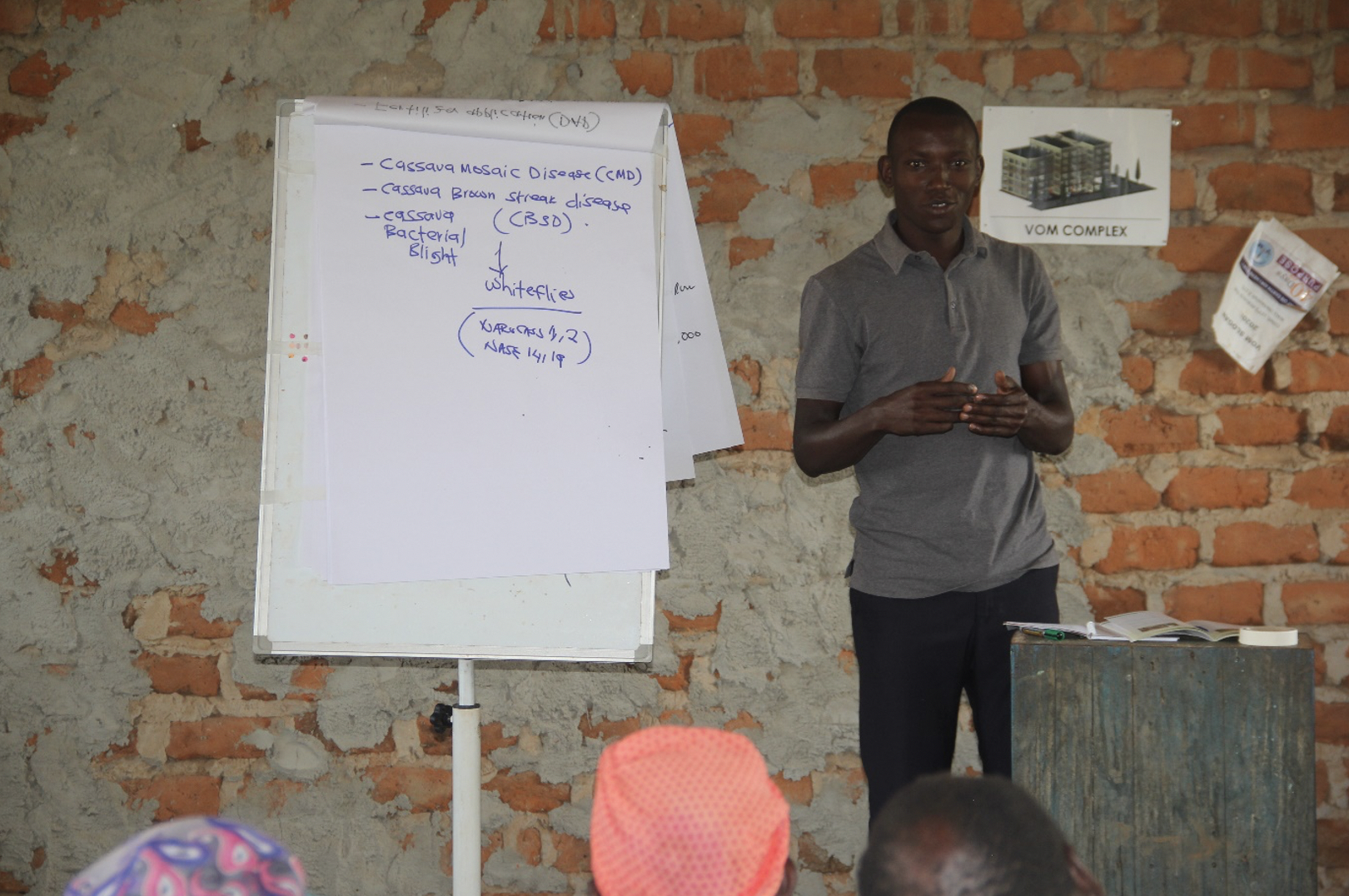
But wait, I can’t fail to talk about Field of Hope team! There is a way that God has set Field of Hope unique in all aspects! You know, every time you journey into a new environment there is always that one question of “how will my first 2, 3 or 4 days look like?” and so from the time I left campus till I reached Lira this question never skipped my mind. Stepping into the office premise, the games in my mind changed on seeing the environment that different amazing personalities within the team created in the office and it immediately painted an image of colleagueship rather than student-boss relationship in my mind. This image made it extremely easy for me to fit within the team. The fear of God and borderless love in these people made it much simpler for me to fulfill my internship objectives and I deeply pray that the team continues with the same spirit to help thousands of internees who will come through over the time to fulfill the respective objectives and become professionals who are responsive to their societal and global needs.
Field of Hope team is completely full of people who are “down to earth”, knowledgeable yet having endless passions to learn new things to deliver to the communities they serve. Hard work and team spirit within these people is one of the key lessons I learnt and amidst this hard work, spicy stories would never miss but what leaves a permanent “water mark” in my mind is the fact that every story cracked whether in office or along the way to the field would be seasoned with a Biblical scripture which tells a lot how much prayer as one of the core values of the organization is observed.
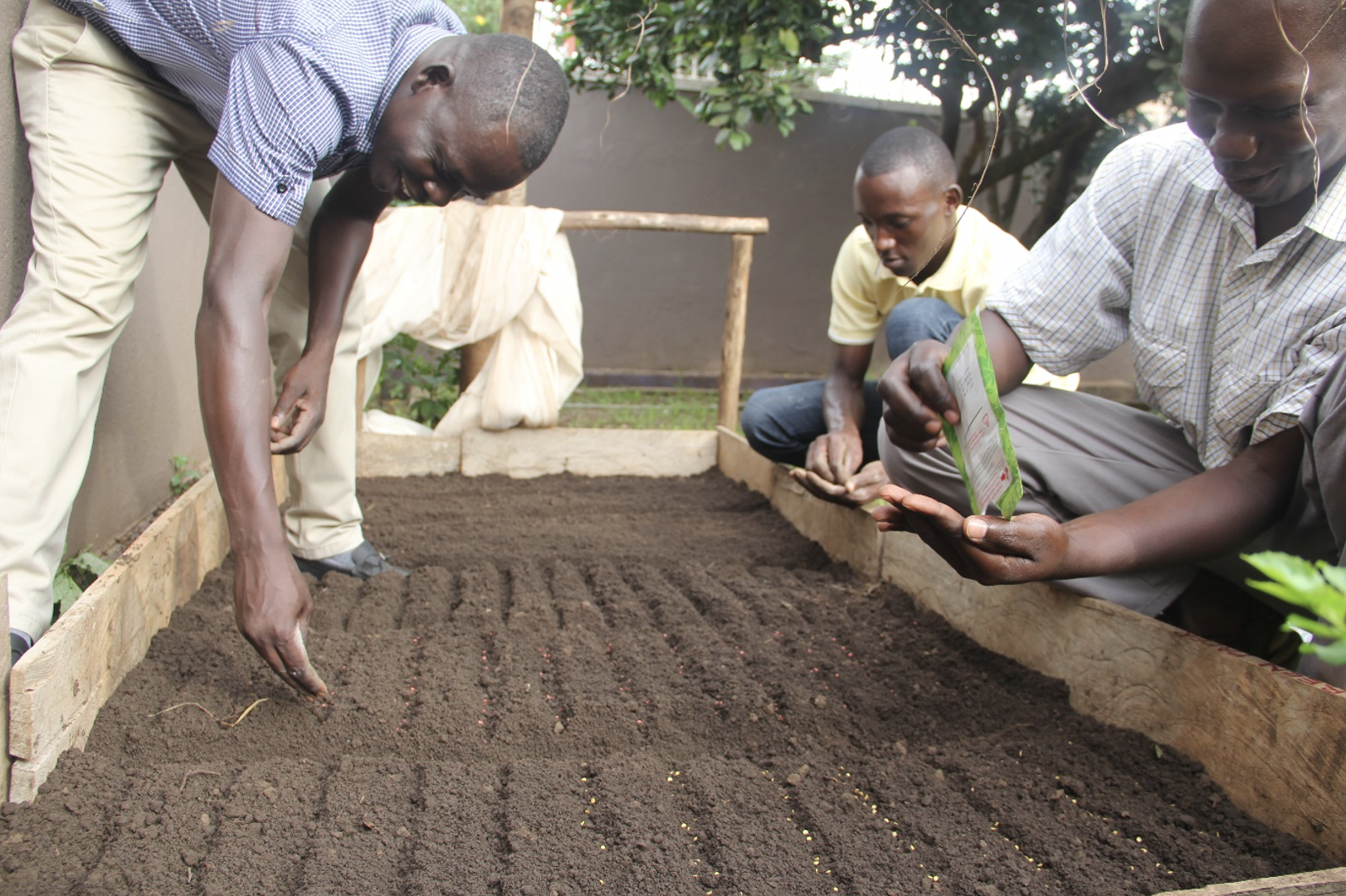
Finally, I extend my deep heart-felt appreciation to the general management of Field of Hope for granting me the opportunity to serve in the organization and for the subsequent supports of all kinds offered to me. At individual level, I extend my appreciations to Alexa Major the Executive Director, Olivia the Program Manager, Walter Okullu the Country Coordinator, Agnes Obote the General Coordinator, through whose decisions I was granted the opportunity and supports. I also extend my appreciations to Nicholas, Program Officer, Joseph, Program Associate and David, Program Volunteer through whose knowledge and guidance I successfully accomplished my objectives. Great thanks to the two fellows from US, Rebekah McCarty and Oluwabukola Makinde for the excellent company and valuable pieces of advice that never left me the same and for being great inspiration to me. In one of the conversations with her, Bukky told me that “your opportunities are as many as the networks you create” an advice which changed the way I used to look at things around me.
Now, it is my deepest prayer that God richly expand the territory of Field of Hope so that it can be in position to accomplish its mission and individually bless both US and Ugandan team.
By: Solomon Okello, Intern 2022
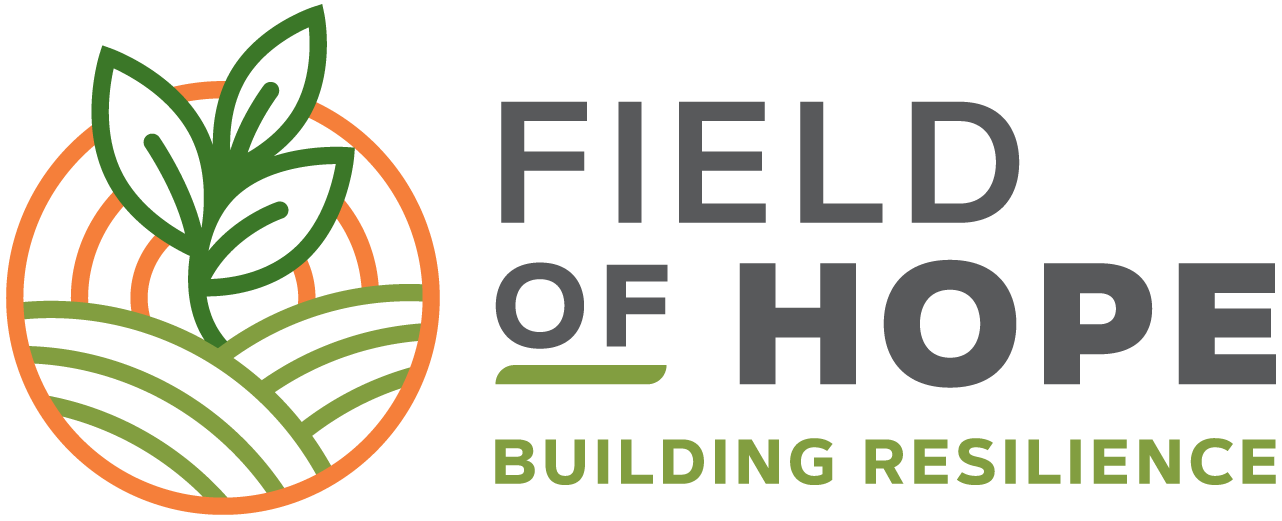
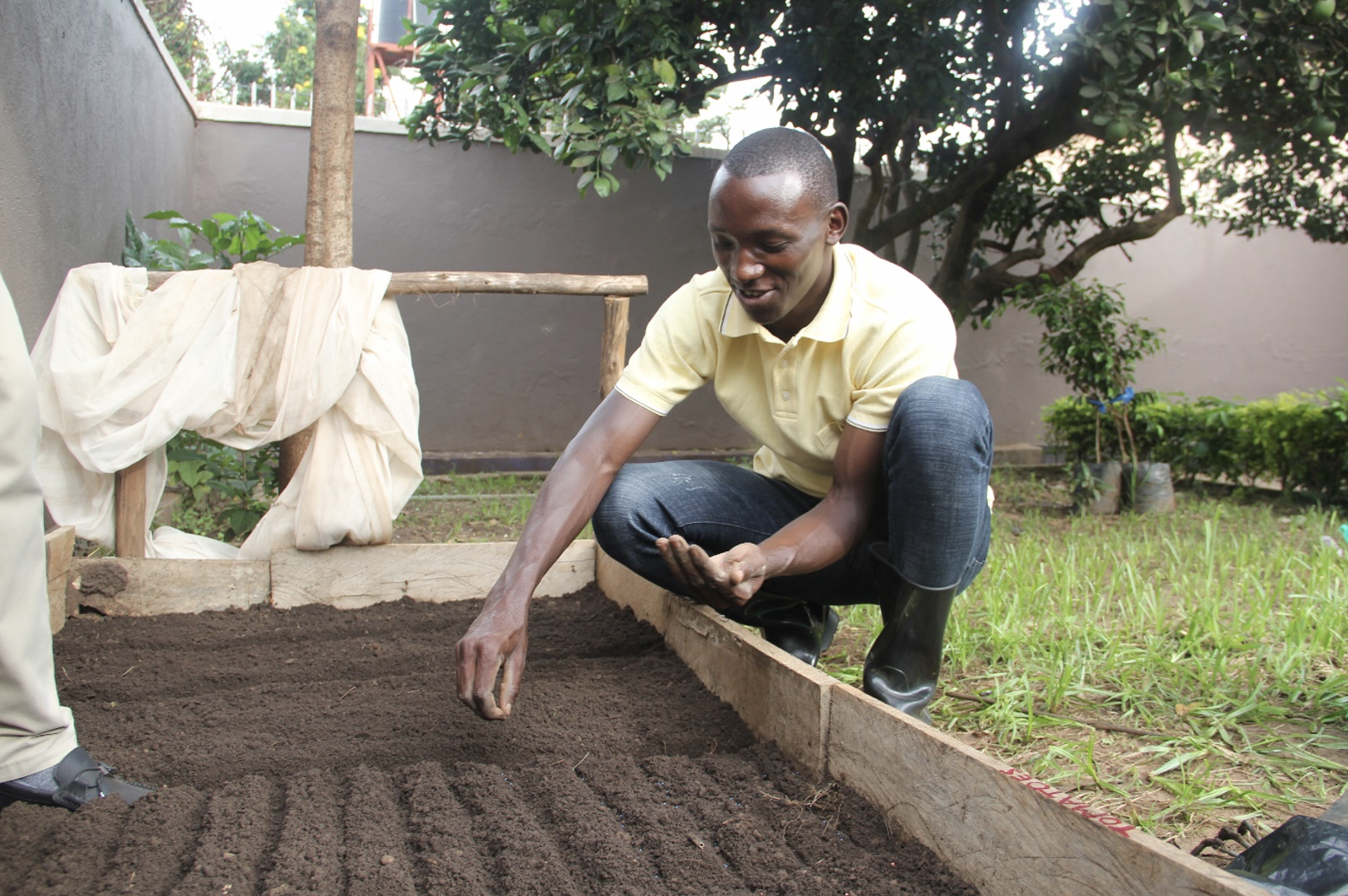
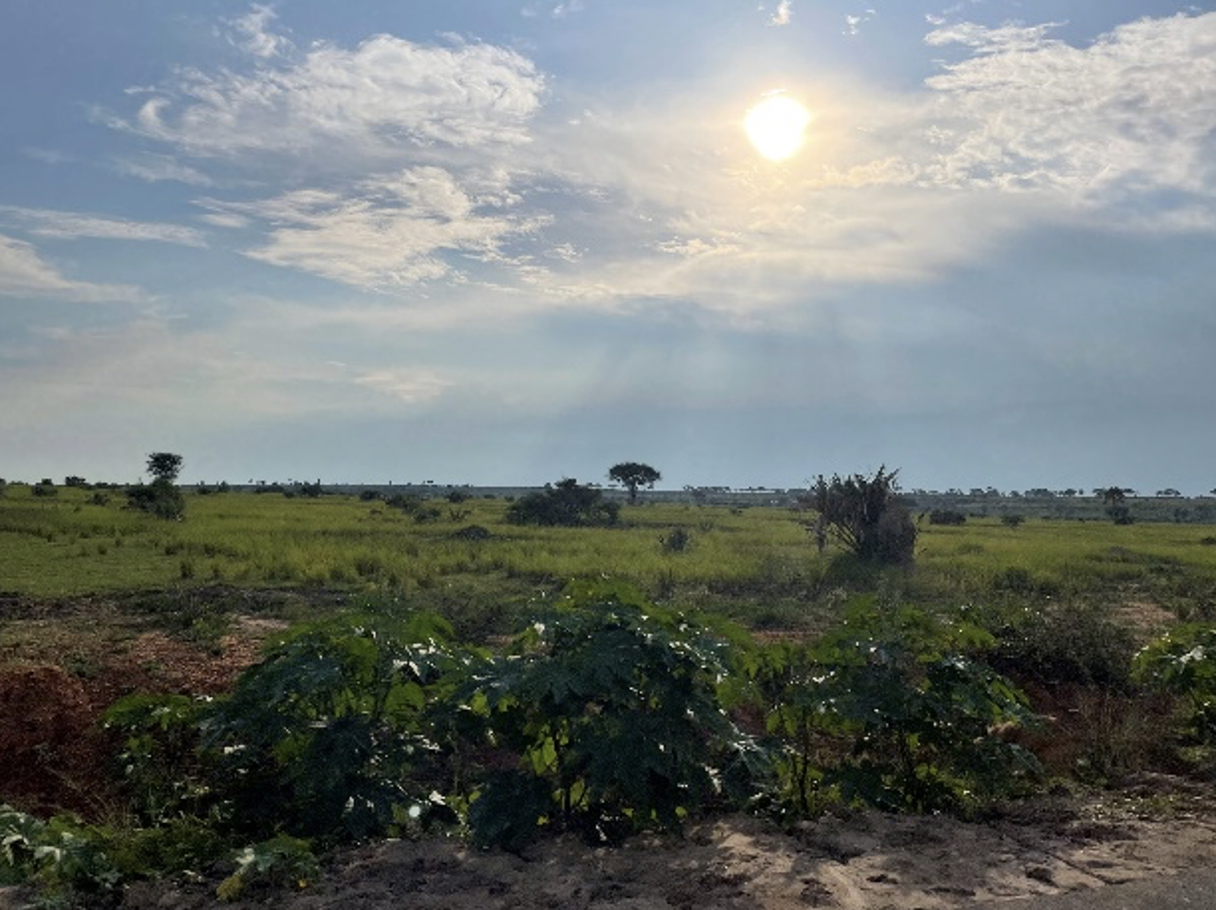
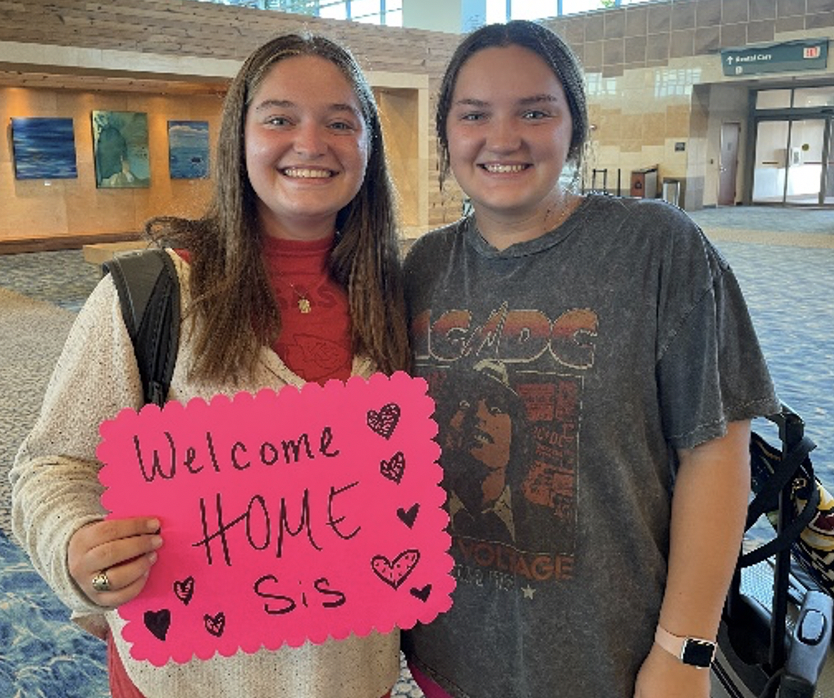
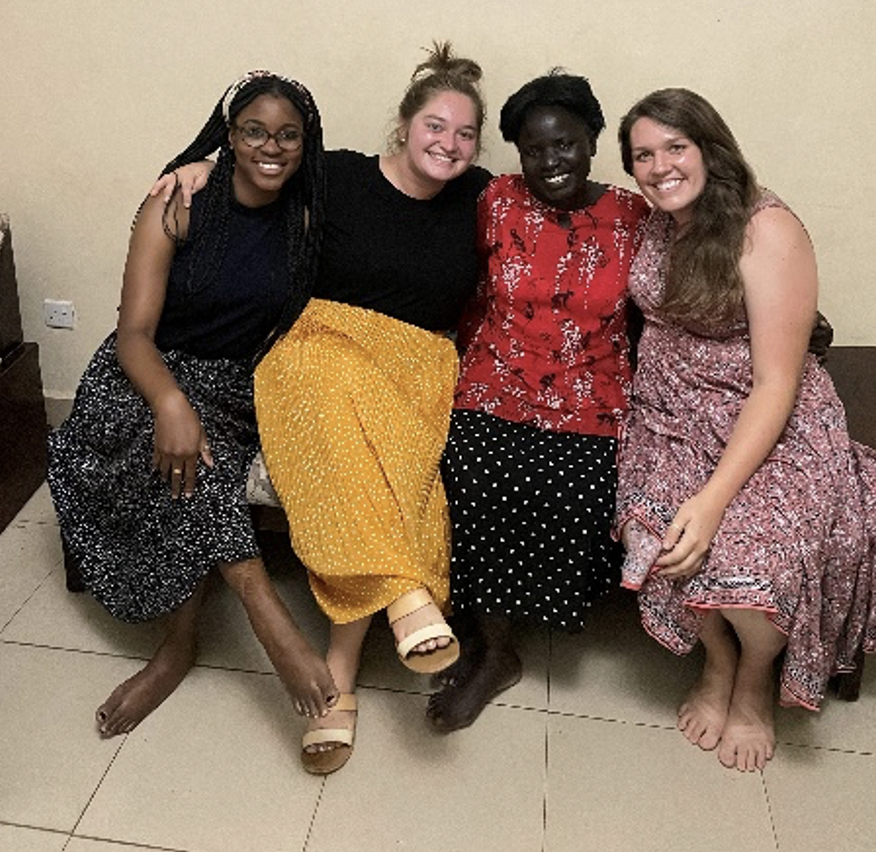
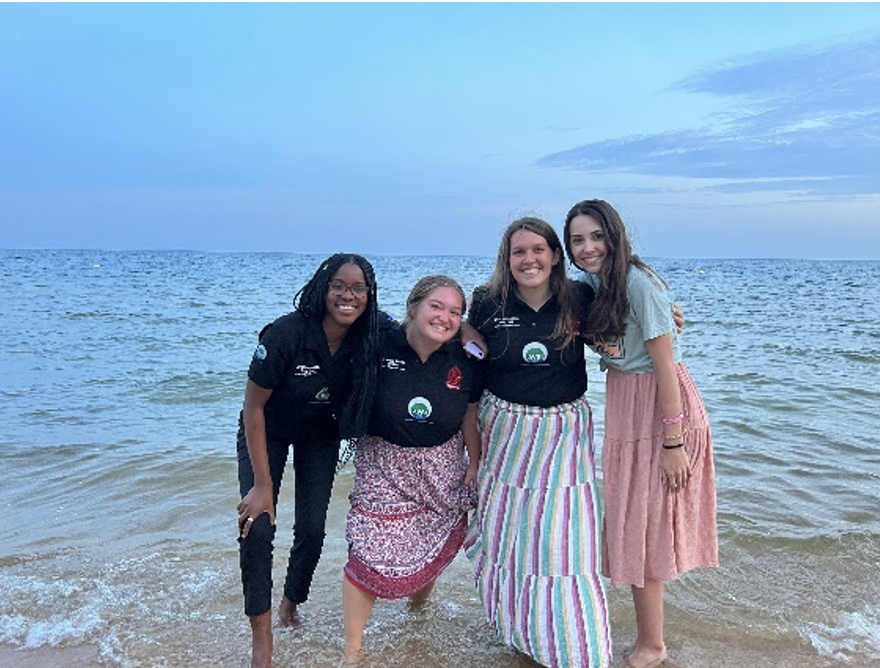
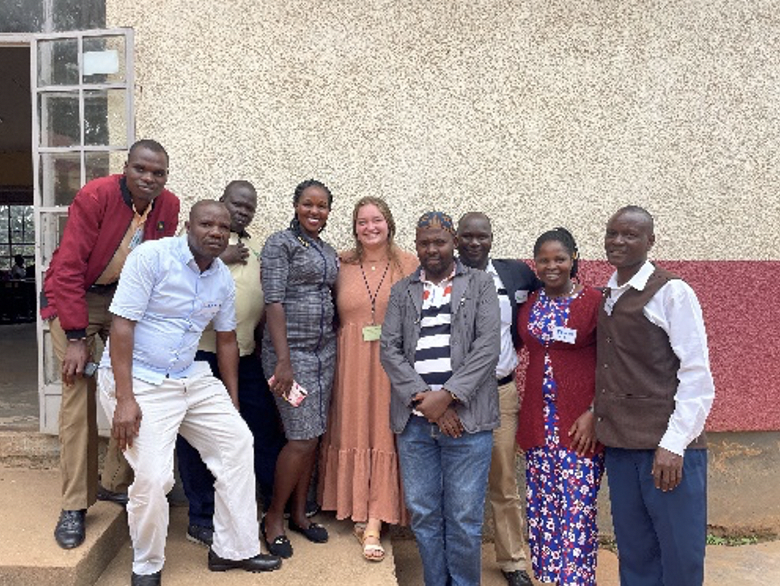
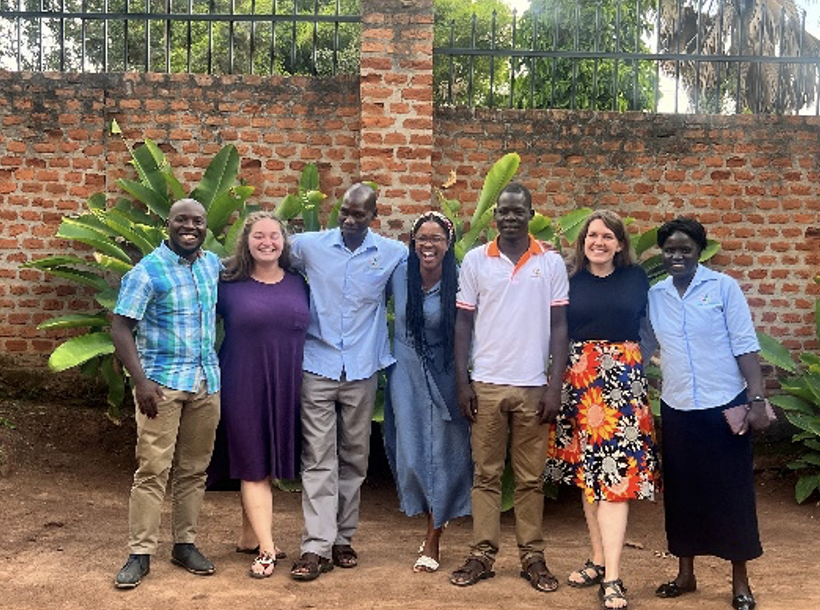
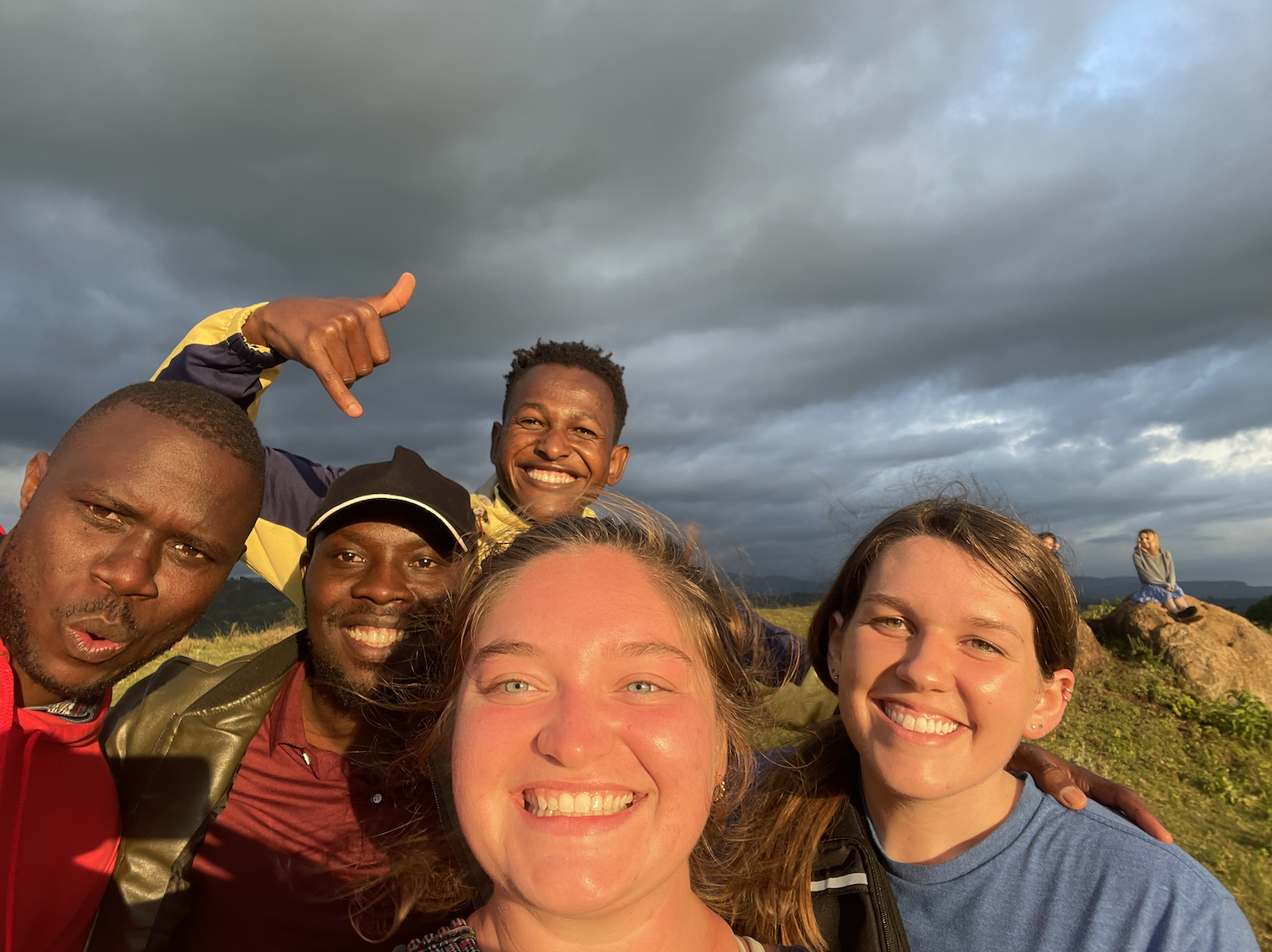
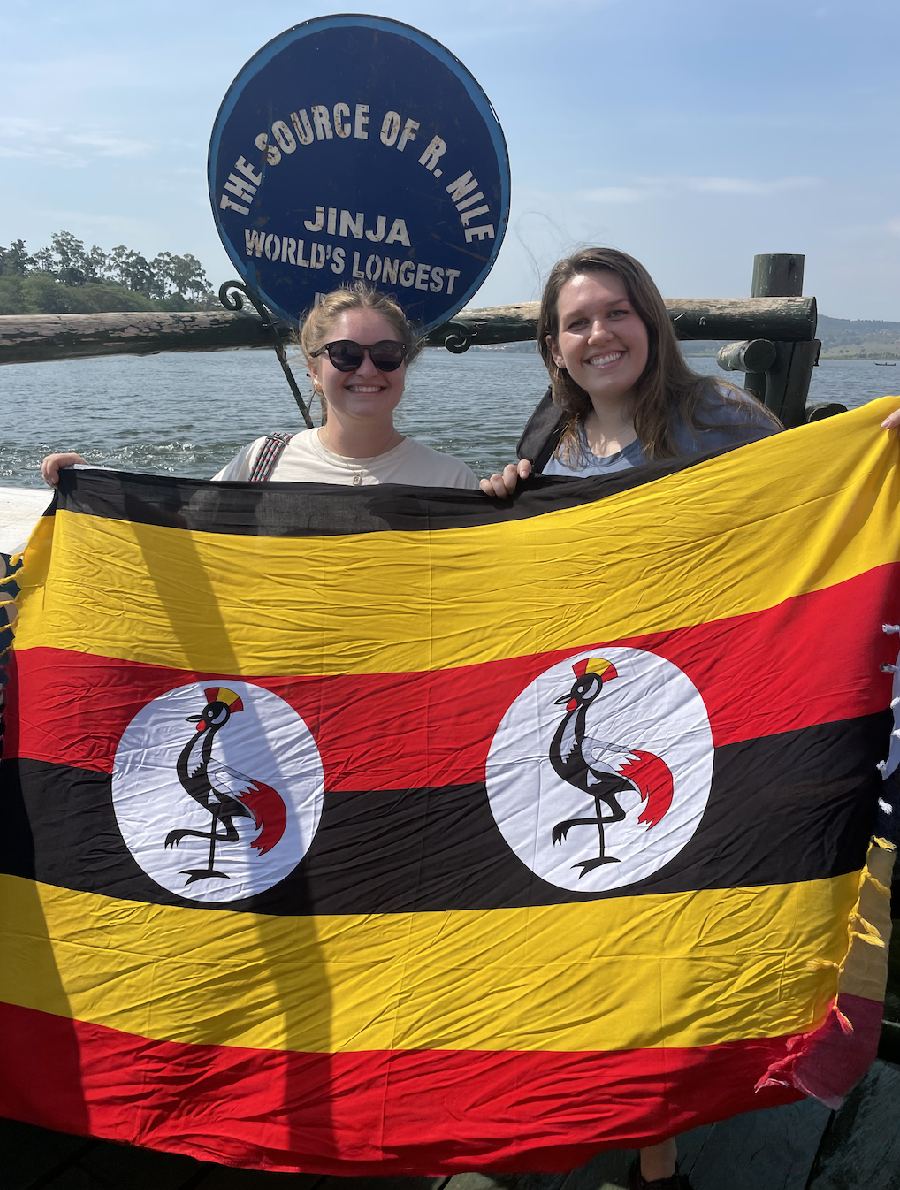 For the last two weeks, I have really been making myself at home in Lira. Despite my difference in appearance compared to most residents of Lira, I am beginning to resonate with becoming a true Ugandan. Familiarizing myself with the markets, streets, and familiar faces has made me gain such a residential perspective of life in Africa. There’s something so raw and real about buying everything fresh from the market, seeing friends at church, maintaining our own garden, and going on walks around our neighborhood.
For the last two weeks, I have really been making myself at home in Lira. Despite my difference in appearance compared to most residents of Lira, I am beginning to resonate with becoming a true Ugandan. Familiarizing myself with the markets, streets, and familiar faces has made me gain such a residential perspective of life in Africa. There’s something so raw and real about buying everything fresh from the market, seeing friends at church, maintaining our own garden, and going on walks around our neighborhood.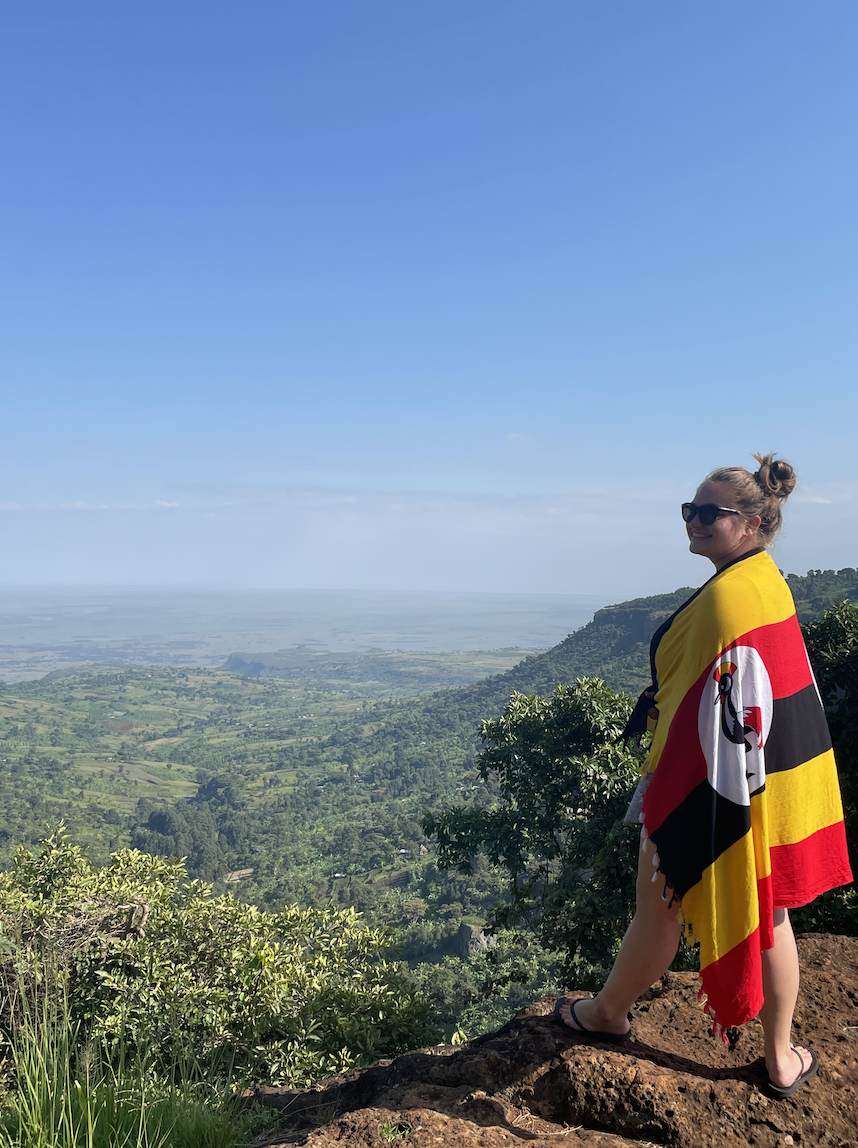 Ugandan flag. Maybe it takes more than a month to gain this, or maybe it just takes the right support system to help cultivate this. I aim to reap more of the energy, confidence, and lifestyle true Ugandans have in the rest of my time amongst them. Here’s to being a Ugandan for one more month!
Ugandan flag. Maybe it takes more than a month to gain this, or maybe it just takes the right support system to help cultivate this. I aim to reap more of the energy, confidence, and lifestyle true Ugandans have in the rest of my time amongst them. Here’s to being a Ugandan for one more month!
 Telling stories to reveal elements and images of an event is one of the most powerful tools for interactive engagement anywhere. A good story is persuasive and will often elicit a reaction from the reader. Development research embraces the art of storytelling as a way of expressing views in social science and humanities. Originally, this was not the case because the development space was dominated by thoughts on development economics that engaged statistical tools and quantitative methods to show trends. If we are being honest, big organizations love numbers, there is a certain level of predictability to it. But the importance of talking about the people and their experiences often gets lost in the process. Researchers have quickly realized the importance of representing and understanding socio-cultural impacts on the wellbeing of the society, that is why storytelling is crucial.
Telling stories to reveal elements and images of an event is one of the most powerful tools for interactive engagement anywhere. A good story is persuasive and will often elicit a reaction from the reader. Development research embraces the art of storytelling as a way of expressing views in social science and humanities. Originally, this was not the case because the development space was dominated by thoughts on development economics that engaged statistical tools and quantitative methods to show trends. If we are being honest, big organizations love numbers, there is a certain level of predictability to it. But the importance of talking about the people and their experiences often gets lost in the process. Researchers have quickly realized the importance of representing and understanding socio-cultural impacts on the wellbeing of the society, that is why storytelling is crucial. the role of farmer cooperatives in facilitating inclusive agricultural development in Uganda, using the case of the coffee industry. Women occupy the highest labor force in the coffee industry in Uganda, yet they are the most constrained in terms of access to land, extension services, finance and agricultural inputs that limit their productivity. This is often due to patrilineal structures that are advantageous to men in acquiring land. Also, land ownership forms the basis for investments in extension service, inputs, and access to loans. Currently, the government of Uganda is working towards boosting coffee production to 20 million bags by 2030, so my objective is to investigate if the investments being pumped into the coffee industry are accessible to women and if farmer cooperatives serve as a sustainable mechanism to facilitate it.
the role of farmer cooperatives in facilitating inclusive agricultural development in Uganda, using the case of the coffee industry. Women occupy the highest labor force in the coffee industry in Uganda, yet they are the most constrained in terms of access to land, extension services, finance and agricultural inputs that limit their productivity. This is often due to patrilineal structures that are advantageous to men in acquiring land. Also, land ownership forms the basis for investments in extension service, inputs, and access to loans. Currently, the government of Uganda is working towards boosting coffee production to 20 million bags by 2030, so my objective is to investigate if the investments being pumped into the coffee industry are accessible to women and if farmer cooperatives serve as a sustainable mechanism to facilitate it.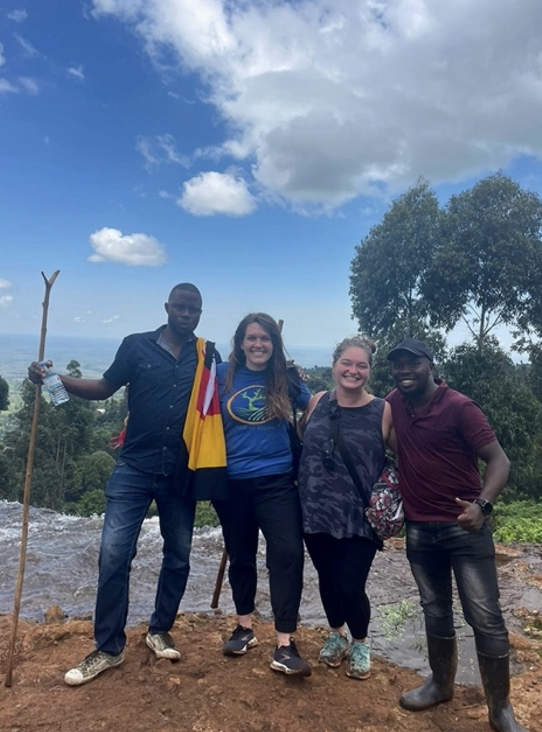
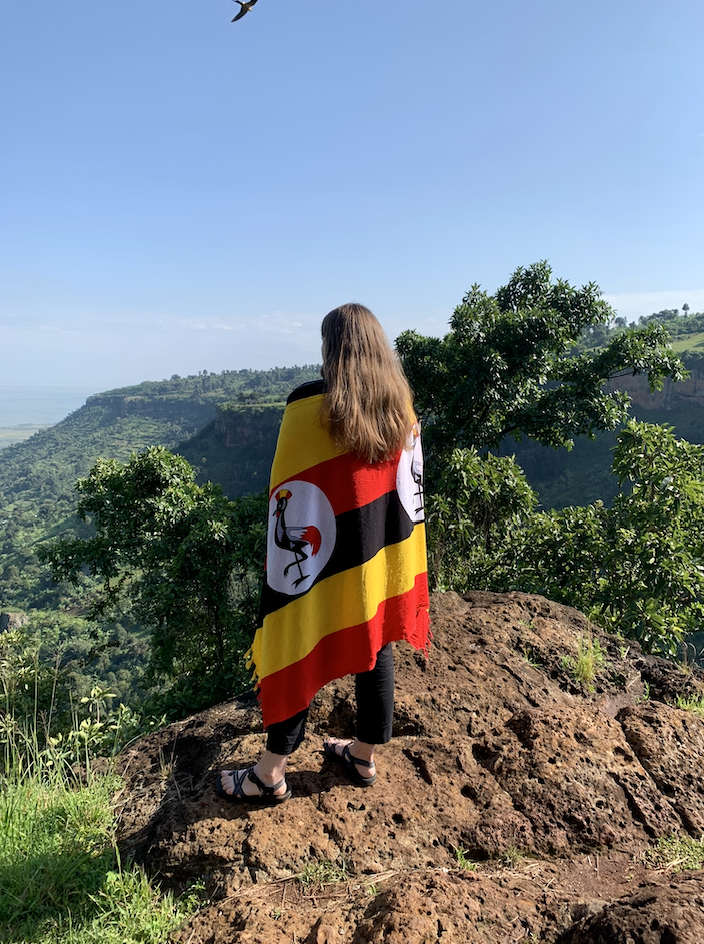 took place in these locations are what make them an actual home. They are the places I grew up, where I gained my independence, learned to take care of myself, and started to stand on my own two feet. They are the residence of the people I love, where my family and dearest friends are guaranteed to be found. They witnessed my biggest milestones, settings where my fondest memories, biggest challenges, and greatest feats all took place. They are the locations I return to time and time again, either physically or in heart, because I know something is waiting there for me.
took place in these locations are what make them an actual home. They are the places I grew up, where I gained my independence, learned to take care of myself, and started to stand on my own two feet. They are the residence of the people I love, where my family and dearest friends are guaranteed to be found. They witnessed my biggest milestones, settings where my fondest memories, biggest challenges, and greatest feats all took place. They are the locations I return to time and time again, either physically or in heart, because I know something is waiting there for me.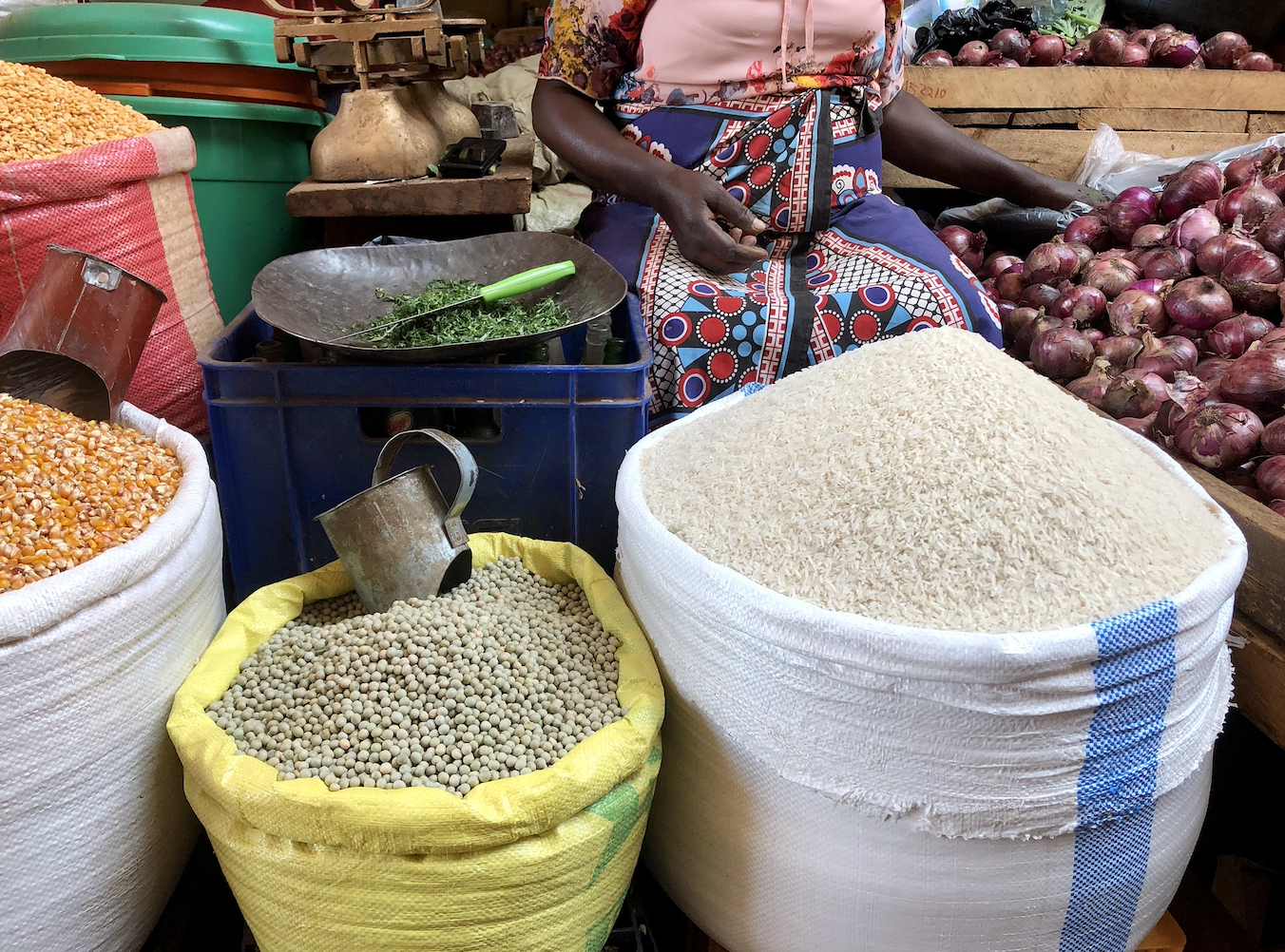
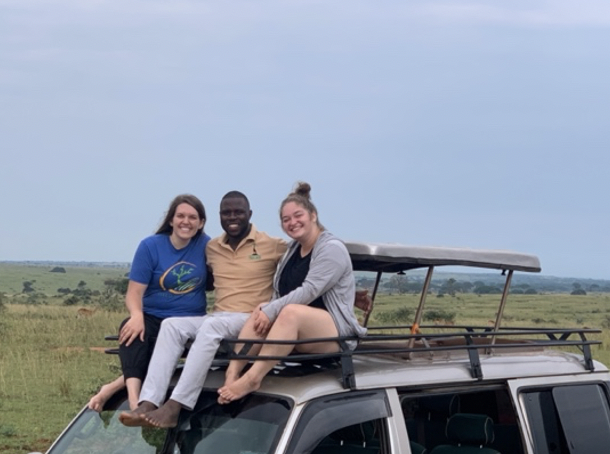 .
. 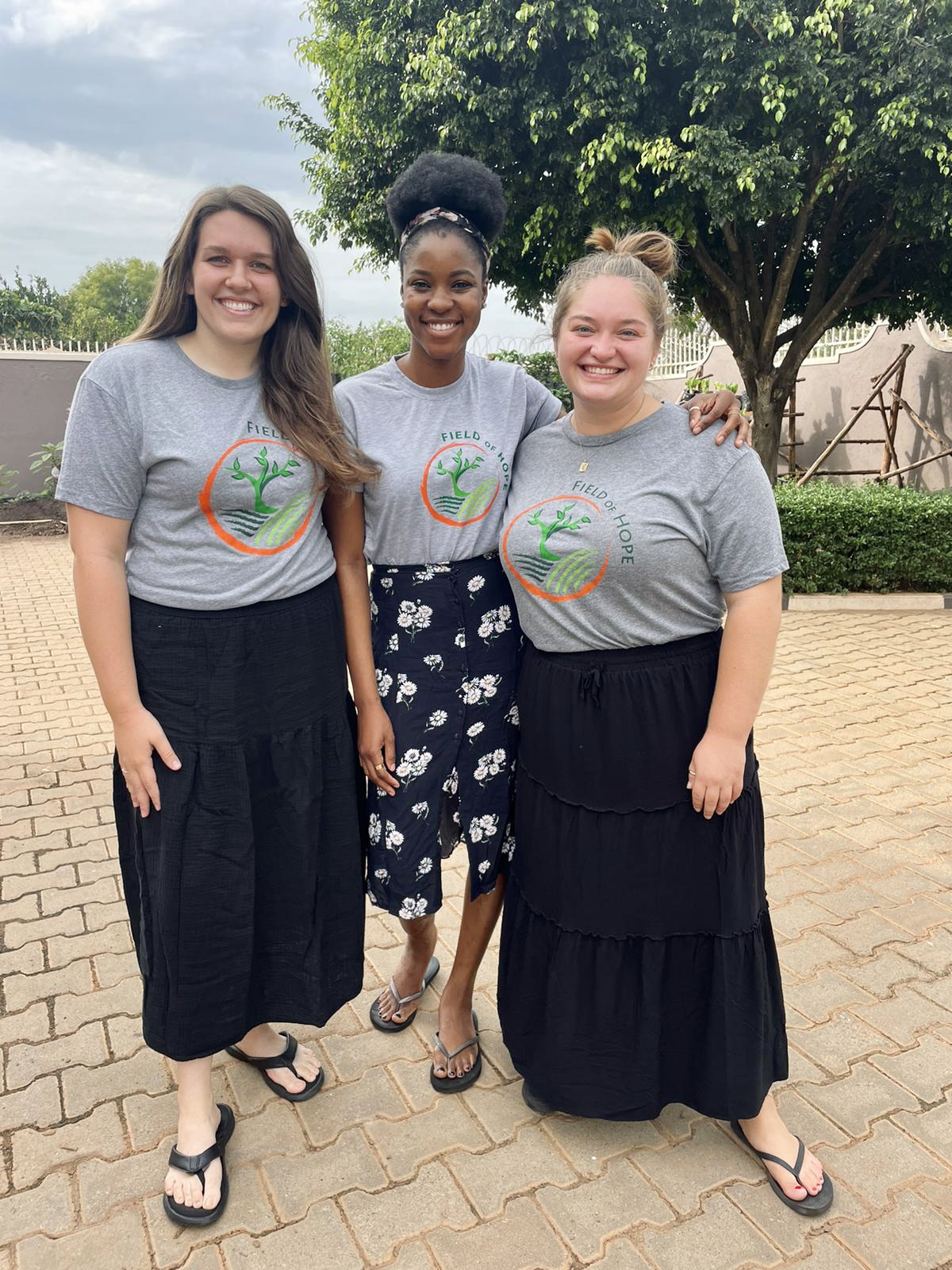
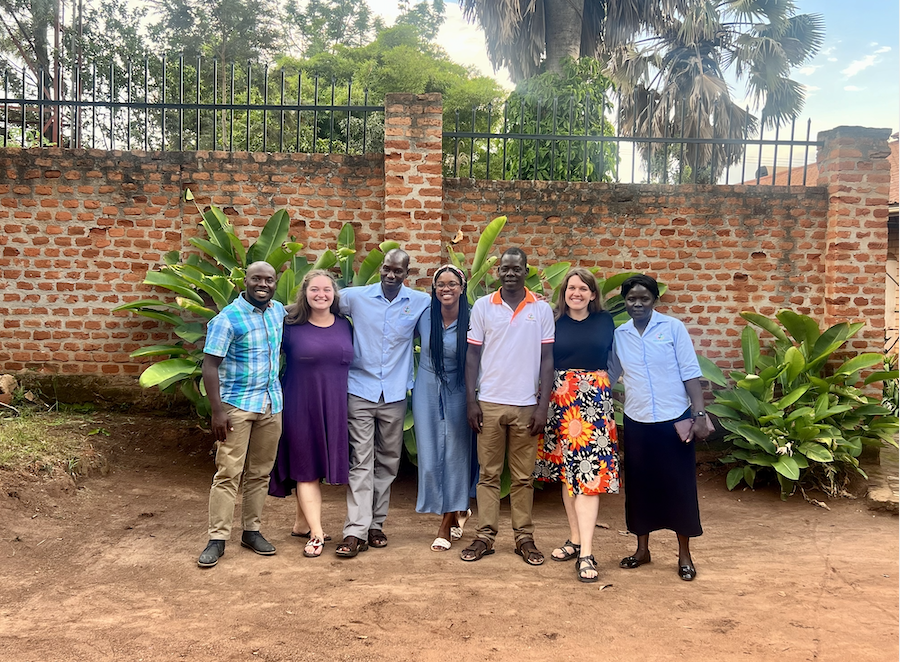
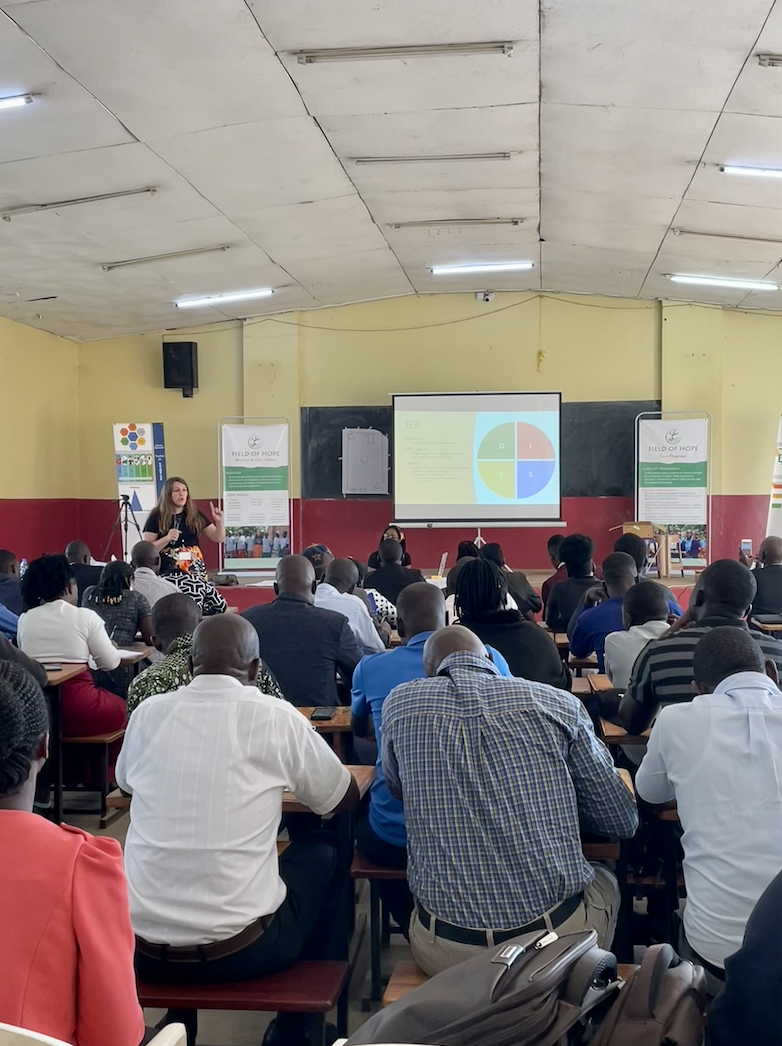
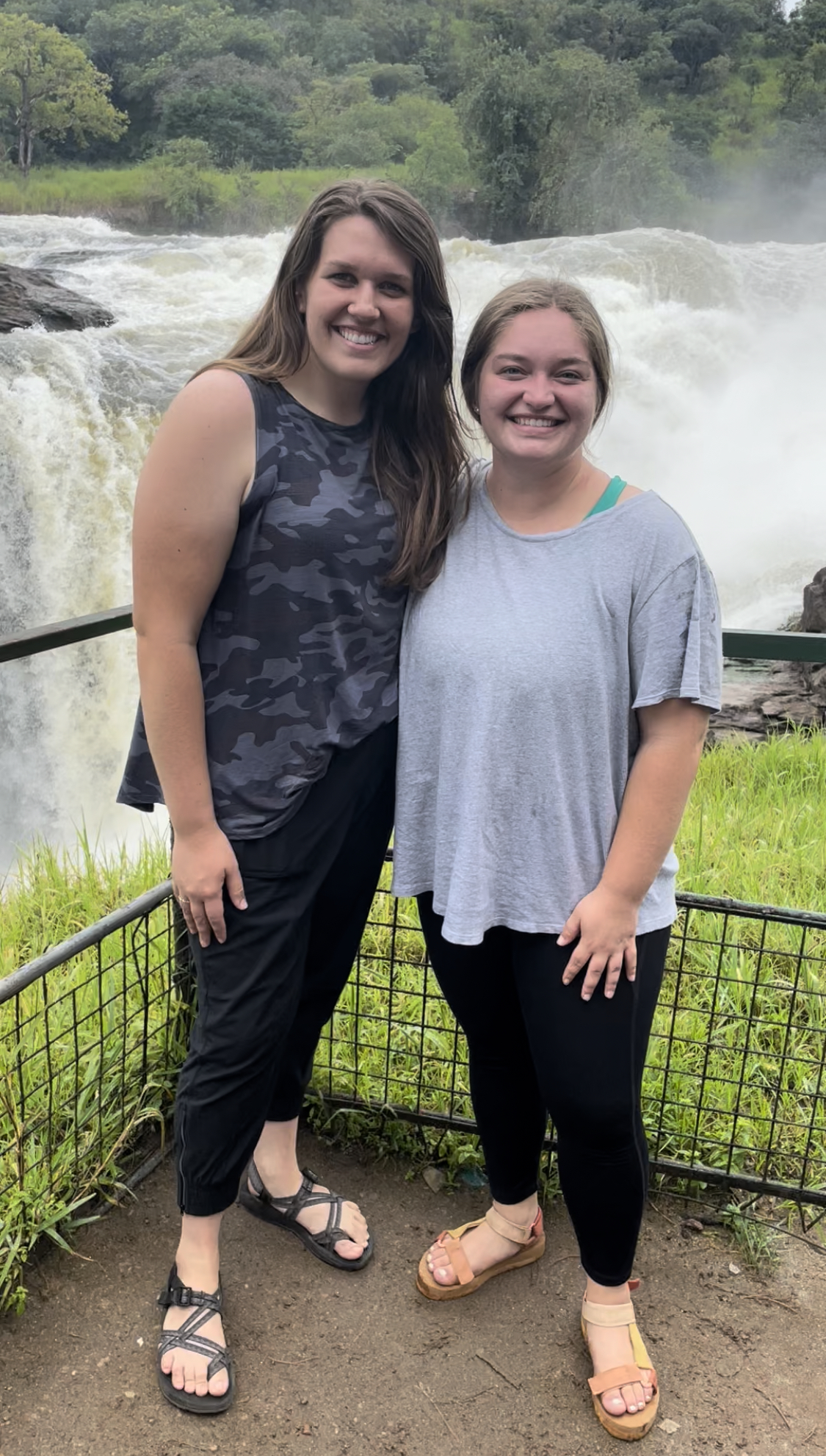
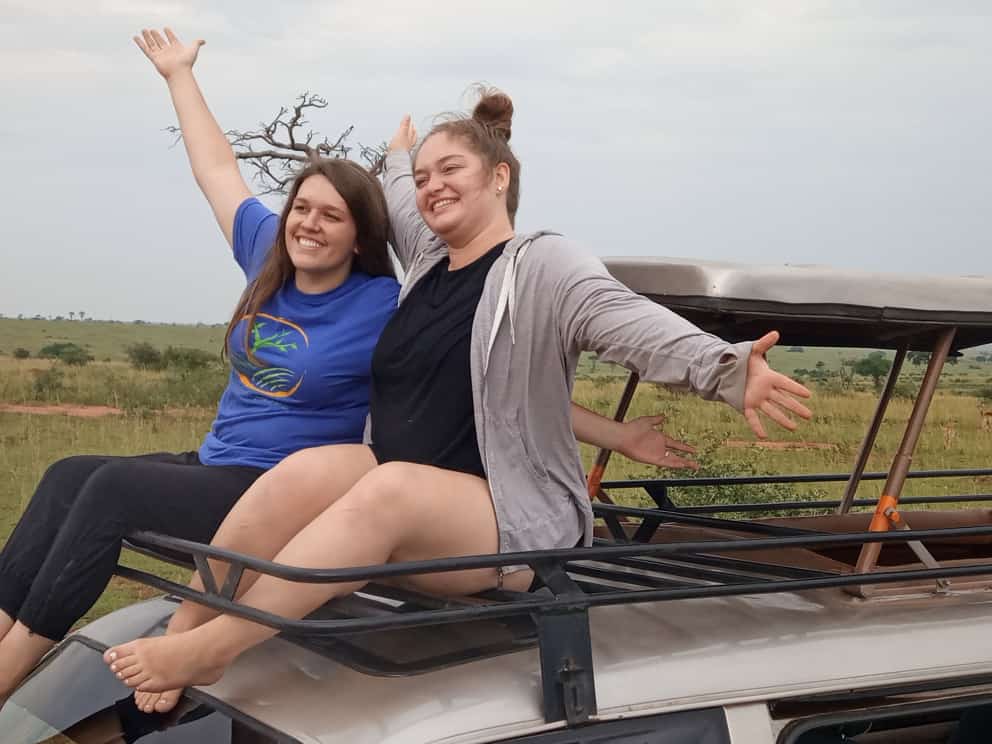

 that did not stop the participants from coming. Our team was so inspired when we saw teachers braving the heavy rain to come to our meeting room, and we knew that we were in for a time of impact.
that did not stop the participants from coming. Our team was so inspired when we saw teachers braving the heavy rain to come to our meeting room, and we knew that we were in for a time of impact. The teacher training was also a time to rekindle old friendships and foster new ones. The interactive group sessions encouraged teachers to share individual knowledge about urban gardening and agricultural best practices that were successful in their schools. It felt like a community of changed and empowered individuals who were passionate about improving themselves, the experiences of their students, their communities, and their country. The impact of this year’s teachers training might not be quantifiable or immediate, but this is an investment that will have a domino effect for years to come.
The teacher training was also a time to rekindle old friendships and foster new ones. The interactive group sessions encouraged teachers to share individual knowledge about urban gardening and agricultural best practices that were successful in their schools. It felt like a community of changed and empowered individuals who were passionate about improving themselves, the experiences of their students, their communities, and their country. The impact of this year’s teachers training might not be quantifiable or immediate, but this is an investment that will have a domino effect for years to come.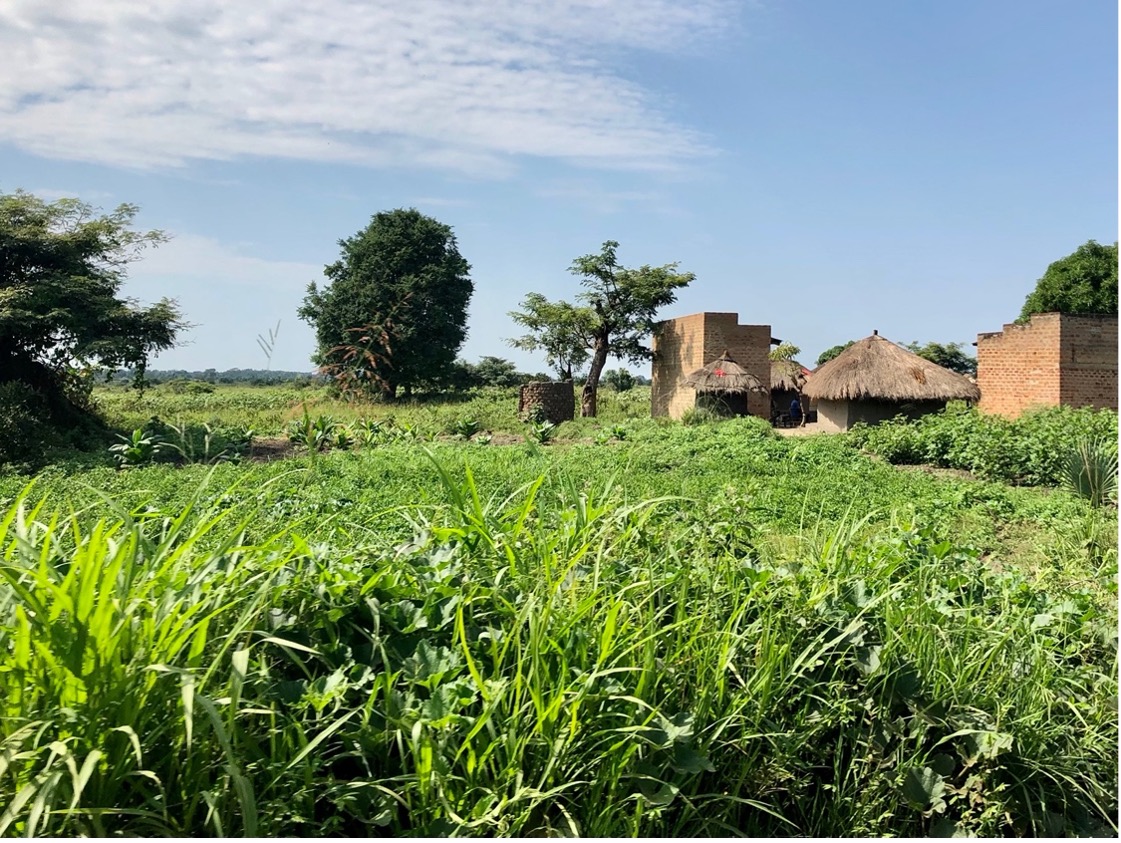

 They see faded clothes and dirty hands, but I see people working hard to provide.
They see faded clothes and dirty hands, but I see people working hard to provide.
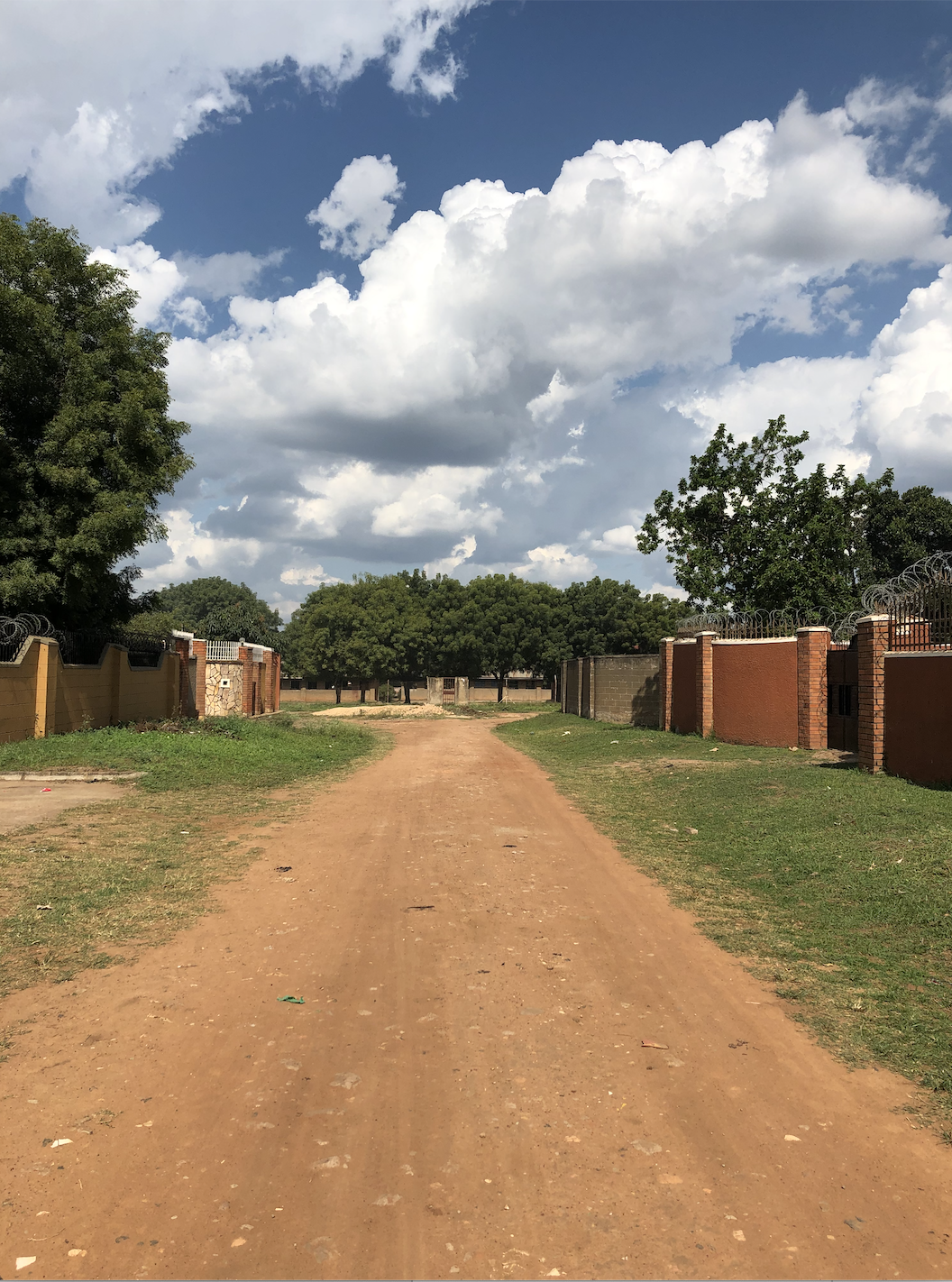



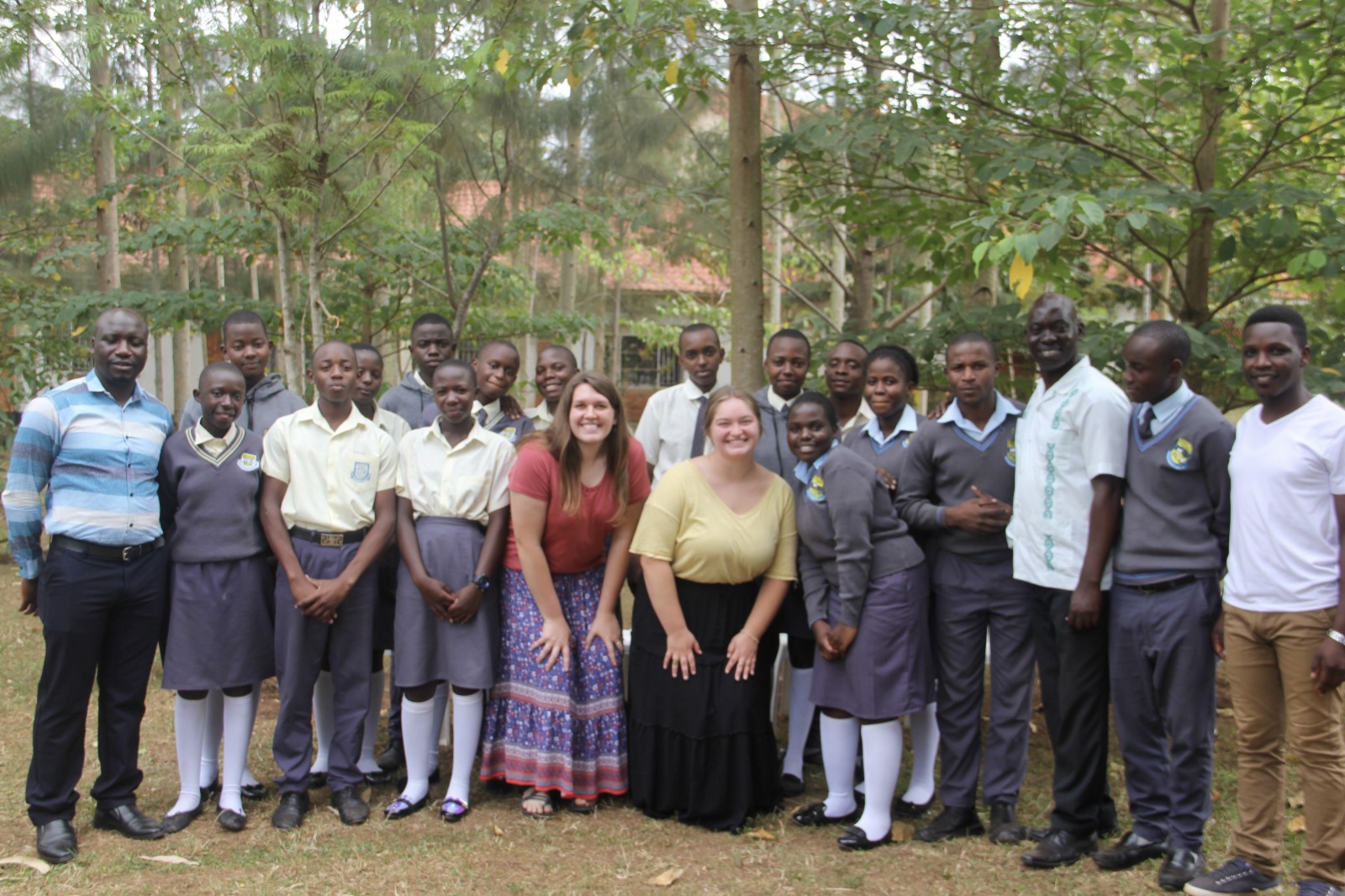
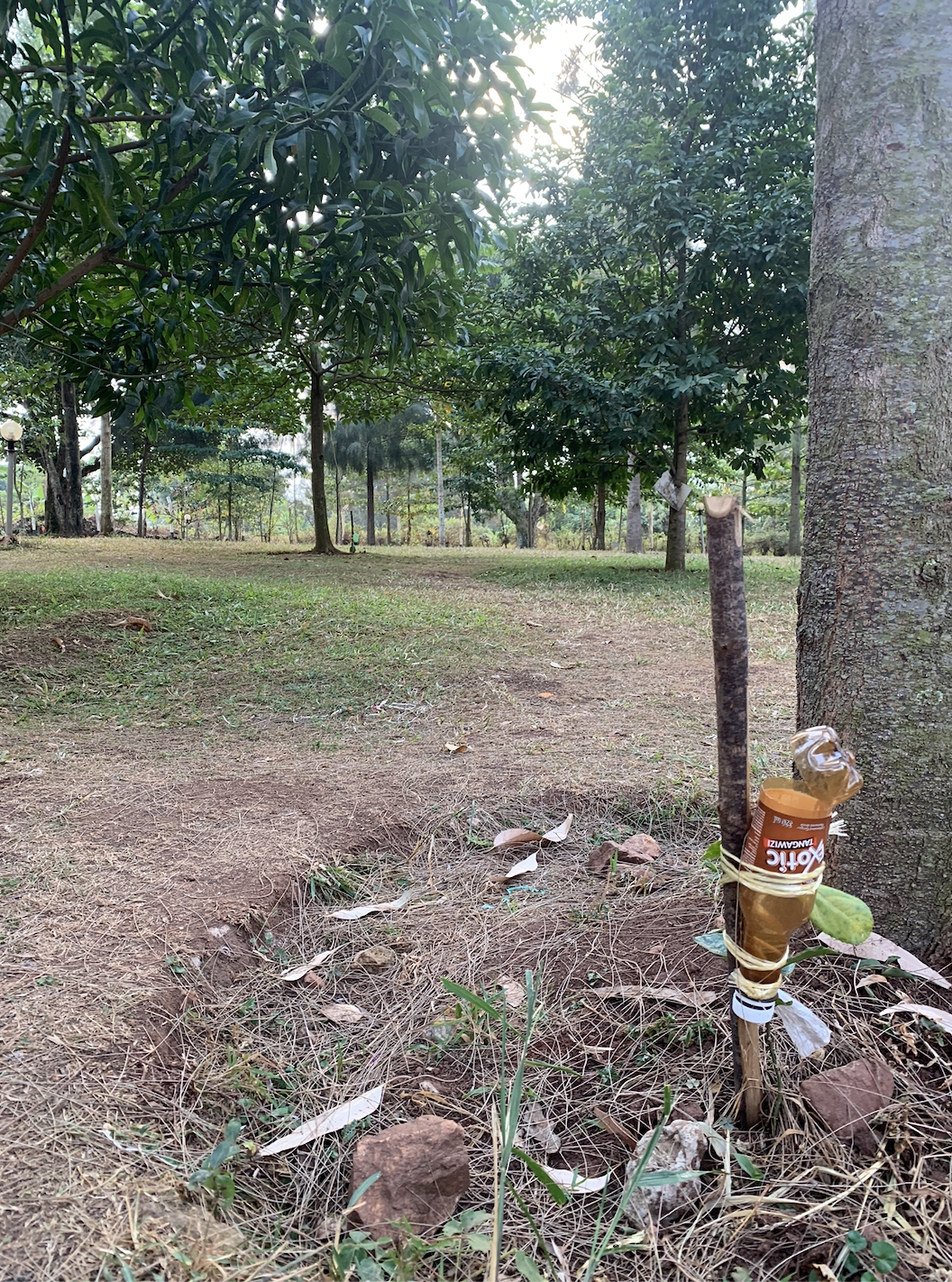 trees. A plastic soda or water bottle with a small hole in the cap hangs on a stick at the base of each tree. After school, the students fill each bottle so the trees receive water during the night but do not loose excess moisture to evaporation during the day. We would later learn that they called this yard “paradise”, a name rather fitting for the lush, majestic yard.
trees. A plastic soda or water bottle with a small hole in the cap hangs on a stick at the base of each tree. After school, the students fill each bottle so the trees receive water during the night but do not loose excess moisture to evaporation during the day. We would later learn that they called this yard “paradise”, a name rather fitting for the lush, majestic yard.
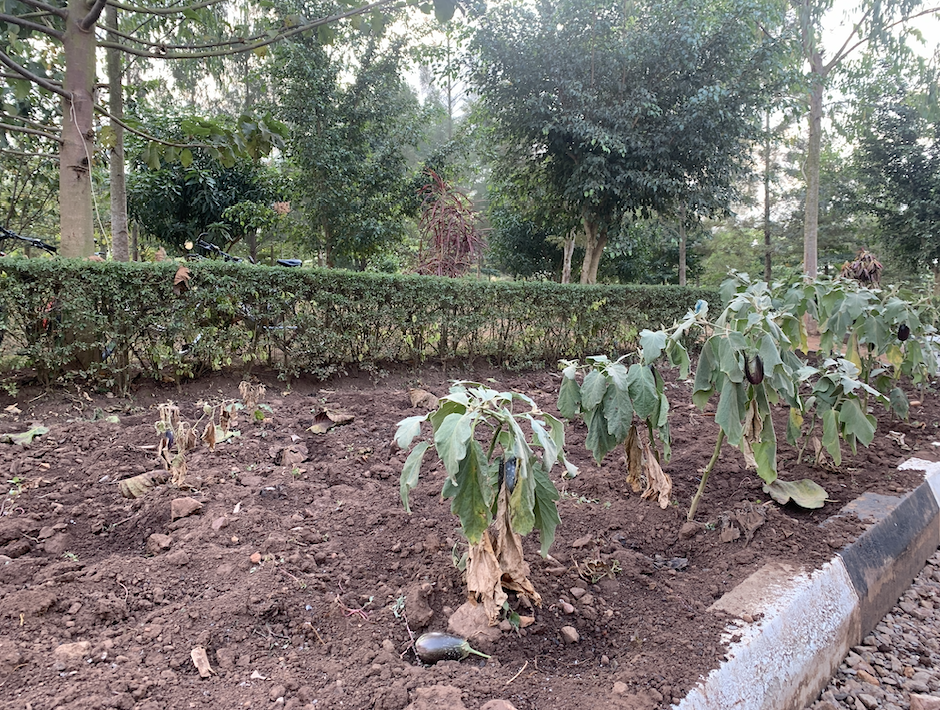
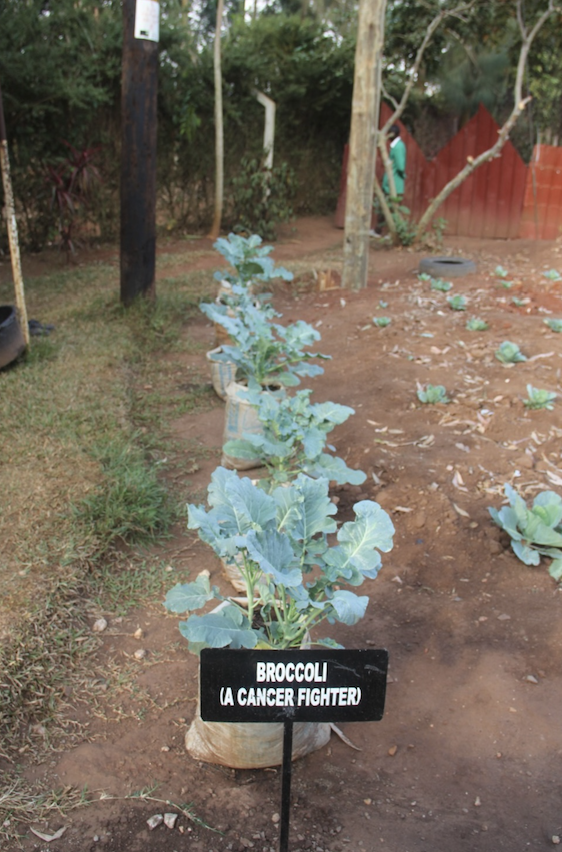
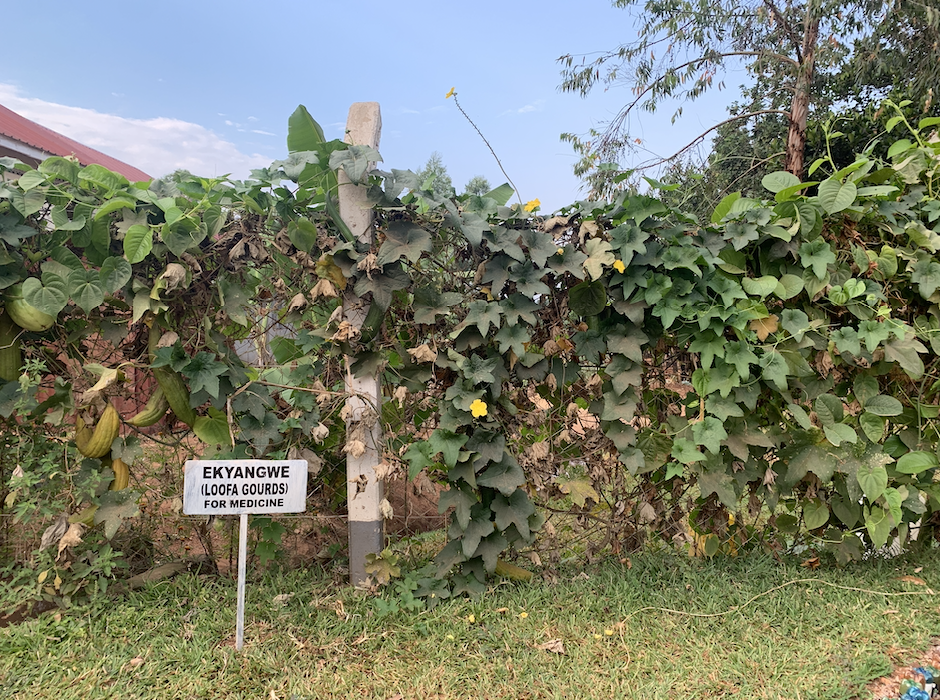
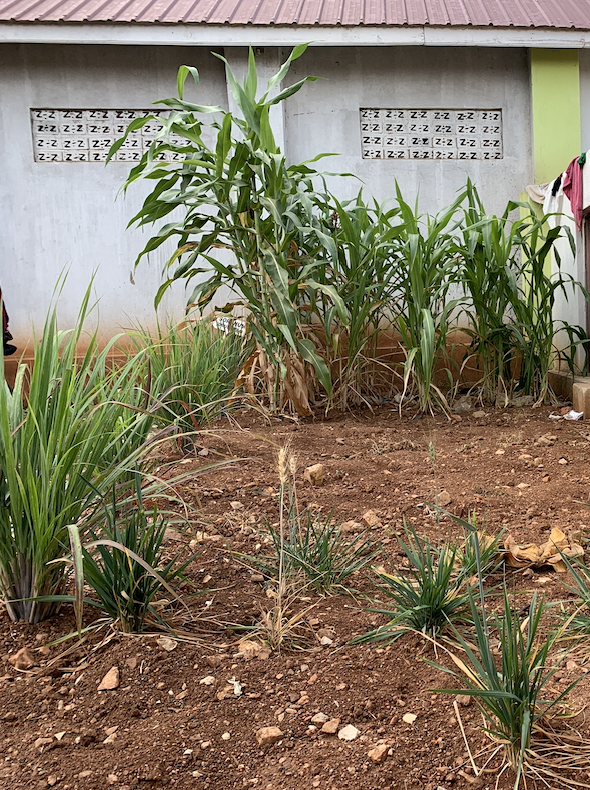 In the back corner of the school compound, one final plot reveals the depth of student curiosity supported by teacher commitment. Students had observed the rising prices of grain on a global scale and had taken special note of the cost some countries are paying to import wheat and sorghum. They asked why these crops were not grown in Uganda and what the financial benefits would be if they could produce their own wheat and sorghum. So, the teachers identified a small plot at the back of the school, gathered some wheat and sorghum seeds, and helped students plant some small crops to observe. They also planted maize right beside the exploratory crops, so students could observe the growth rate, yield, and resource use of their traditional crops right beside the new crops. Here, students are not simply waiting to receive knowledge at their teachers’ pace but are watching as the answers to their questions unfold right before their own eyes.
In the back corner of the school compound, one final plot reveals the depth of student curiosity supported by teacher commitment. Students had observed the rising prices of grain on a global scale and had taken special note of the cost some countries are paying to import wheat and sorghum. They asked why these crops were not grown in Uganda and what the financial benefits would be if they could produce their own wheat and sorghum. So, the teachers identified a small plot at the back of the school, gathered some wheat and sorghum seeds, and helped students plant some small crops to observe. They also planted maize right beside the exploratory crops, so students could observe the growth rate, yield, and resource use of their traditional crops right beside the new crops. Here, students are not simply waiting to receive knowledge at their teachers’ pace but are watching as the answers to their questions unfold right before their own eyes.